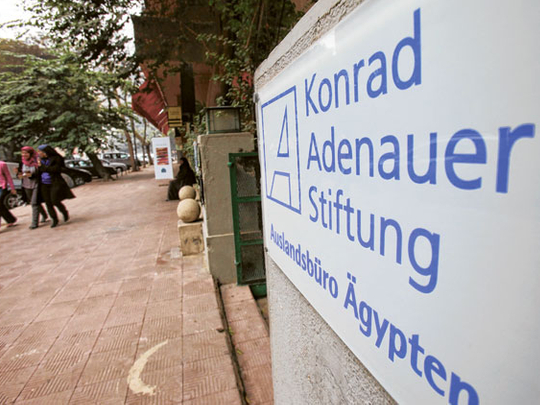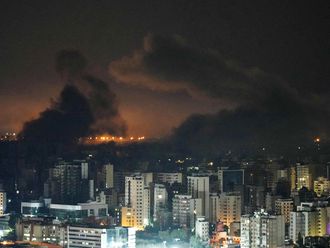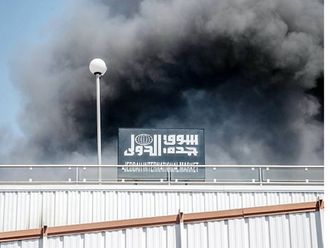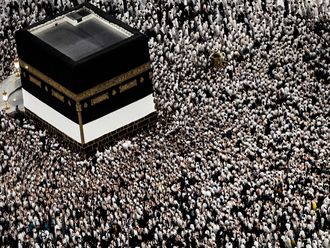
Cairo: By storming the offices of international and domestic pro-democracy groups on Thursday, Egypt's military rulers took a perilous gamble: cracking down on dissent ahead of a crucial transition to elected governance at the risk of alienating their most important benefactor, the United States.
But faced with a sharp reaction from Washington, the ruling generals appeared to retreat on Friday. They promised the US ambassador to Egypt, Anne Patterson, that the raids on international organisations would stop and that confiscated property would be returned immediately, the State Department said.
Yet, the offices of three raided American organisations remained closed on Friday. "We're getting mixed messages from the authorities," said Leslie Campbell, regional director of Middle East and North Africa programs for the National Democratic Institute, one of the US democracy-building groups shut down here on Thursday.
Escalation
The coordinated and unprecedented raids on at least 17 offices belonging to seven civil society organisations, including the American groups, represented an escalation of an effort by the military rulers to suppress growing dissent.
The effort appears aimed at heading off what they fear could become a second revolt when Egyptians mark the January 25 anniversary of the start of the uprising that ousted president Hosni Mubarak. "They're constructing a narrative about what's going on in the country to support their moves and to try to build support in the run-up to Jan. 25, to quash potential serious dissent," said Michael Wahid Hanna, an Egypt expert at the New York-based Century Foundation. "They think they are untouchable ... but the patience of the international community is not going to be unlimited."
For decades, the military chiefs have gone unchallenged by Washington and the Egyptian population. They collect $1.3 billion (Dh4.77 billion) in annual US aid, ensuring that they honour a peace treaty with Israel. They are estimated to control somewhere between 5 per cent and 45 per cent of the economy without public scrutiny.
Analysts say the generals appear to be worried about losing control and being subjected to oversight. One Washington expert said the raids on the US pro-democracy groups marked a "moment of truth" for the Obama administration. The military rulers were acting as though democracy promotion marked the biggest threat to their rule, said Michele Dunne, a former National Security Council staffer who now heads the Atlantic Council's Rafik Hariri Centre for the Middle East.
Time to suspend aid
"If the Egyptian military is not allowing a real democratic transition to civilian rule, if it is harassing civil society, and if it is trying to prevent the United States from funding civil society groups, the time has come to suspend the military aid until things improve," she said.
"In the end, the Egyptian military can do what it likes inside the country, I don't think the US is going to invade, but at a minimum we can stop funding it."
The generals have banked on the notion that Washington continues to look at Egypt primarily through one lens: the security of Israel.
— Washington Post












